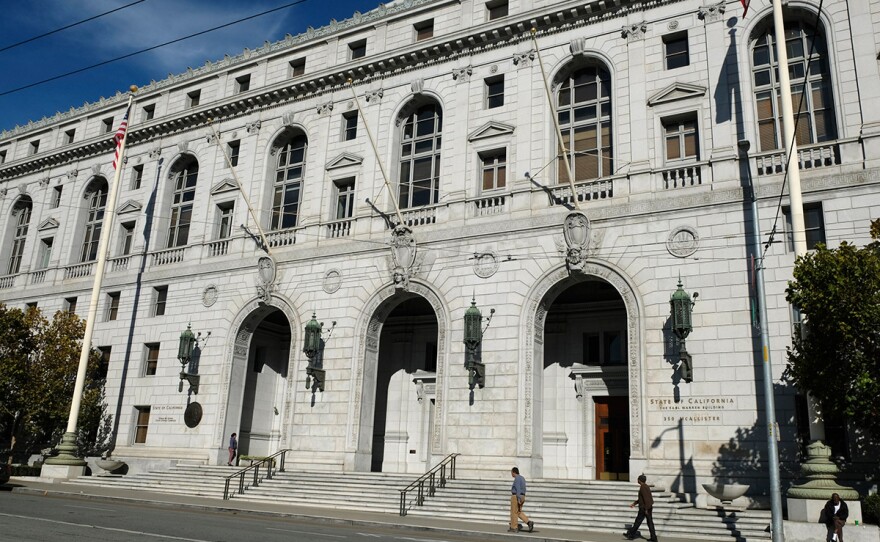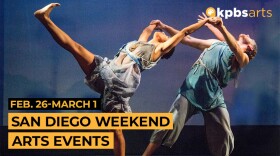The California Supreme Court on Thursday threw out the conspiracy-to-murder conviction of a gang member who used social media to applaud the killing of rivals during a San Diego gang war.
“Being a cheerleader" isn't enough to show that Nicholas Hoskins conspired in the murders, the court said in an unusual and unanimous opinion.
The court overturned Hoskins' sentence of 25 years to life and sent the case back to the appellate court that had upheld his conviction.
The case stemmed from a war between gangs affiliated with the Crips and the Bloods in the San Diego area. The war was declared after a member of Hoskins' Bloods-connected gang was killed in 2011.
Prosecutors accused him of taking part in a “two-year-long agreement among at least 20 gang members to kill members of rival gangs, without agreement as to any specific times, persons, or places where killing would take place," according to the Supreme Court ruling.
The prosecution cited evidence of his membership in a violent gang, his access to guns and his social media posts celebrating attacks on rival gang members.
Hoskins “knew and approved of” the goal of attacking rivals, as shown by a photograph he posted in 2013 on social media in which he makes a “Crip killer” hand sign, the Supreme Court noted.
However, the state's high court said there wasn't any evidence that Hoskins had actually taken part in any violent act.
The other evidence “is not sufficient to support a finding that Hoskins specifically intended ... to commit murder, either personally or through others," the court said.
“Decades ago ... the United States Supreme Court held that the First Amendment forbids punishing a person merely for associating with others — even as part of a group premised on a violent aim," the ruling said.
“A cheerleader, no matter how enthusiastic, is not a co-conspirator unless the prosecution can prove the cheering was intended to play some role in achieving" unlawful goals, the court said.







